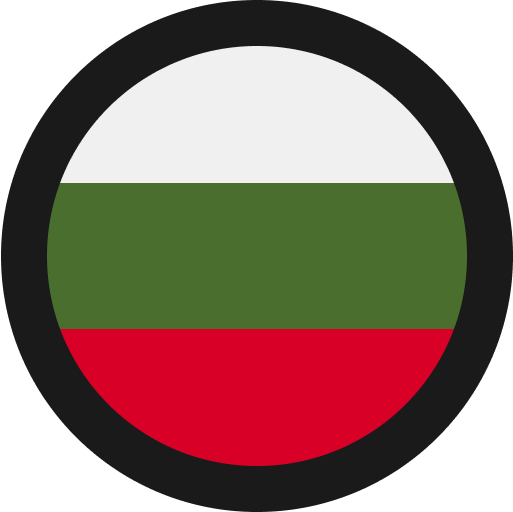ad hoc offers professional Bulgarian translation services for clients large and small, in corporate, government and private sectors. We have been in operation since 1995 and have learnt to provide friendly first-class translation service and demonstrate in-depth understanding of the project requirements whether you need Bulgarian to English or English to Bulgarian translation. In fact, we can translate Bulgarian into any other European language.
No matter what is your Bulgarian translation need, we have done it all. From certified Bulgarian translation of birth, death and marriage certificates to business contracts, invoices, reports and correspondence, ad hoc can handle the most challenging translation projects and provide quality translation service of documents of any kind.
ad hoc offers you:
- legal, financial, medical or technical documents and reports
- user manuals
- literary texts
- business reports and contracts
- invoices and statements
- instruction manuals
- advertising brochures and outlets
- catalogues
- websites, etc.
We understand the importance of having only the native speaker translator handling the texts. Native speakers have a deep level of understanding of subtle language differences and possess a natural familiarity with culture, history and peculiarities of the target language. This is why all our Bulgarian translators are native speakers each with a degree in language studies.
All pur translation projects are subject to strict quality assurance procedures which our project managers are guided by to monitor the progress of each translation project and ensure quality translation service are delivered at all times.
- Automotive Translation
- Medical Translation
- Legal Translation
- IT Translation

The Republic of Bulgaria is situated in Southeastern Europe, on the historical crossroads dividing various civilizations and cultures. During ancient times, Thracians lived here, then later Greeks, Romans. The Bulgarian Empire was formed in the Middle Ages and became an important hub for Slavic peoples. Bulgaria became an independent state in 1908 following the Russo-Turkish War which saw the end of Ottoman rule in Bulgaria after nearly five centuries. After World War it became a Socialist state and was ruled by communist party until 1989. Today, with a population of over 7 million people, Bulgaria is a democratic country with a highly industrialized market economy; it is also a member-state of the European Union and NATO.
Bulgarian belongs to the Slavic language group, with Macedonian being the most closely related language. Estimates suggest that there are over 9 million native speakers in the world. The Bulgarian alphabet is based on Cyrillic script. There are several dialects of Bulgarian spoken throughout the country and it is officially recognized as a minority language in Serbia, Romania and Ukraine. In Bulgaria nodding has a completely reverse meaning than in the rest of the world and signifies ‘no’. Along with the closely related Macedonian language (collectively forming the East South Slavic languages), it is a member of the Balkan sprachbund. The two languages have several characteristics that set them apart from all other Slavic languages: changes include the elimination of case declension, the development of a suffixed definite article and the lack of a verb infinitive, while Bulgarian retains and has further developed the Proto-Slavic verb system. A major such development is the innovation of evidential verb forms to encode for the source of information: witnessed, inferred, or reported.

